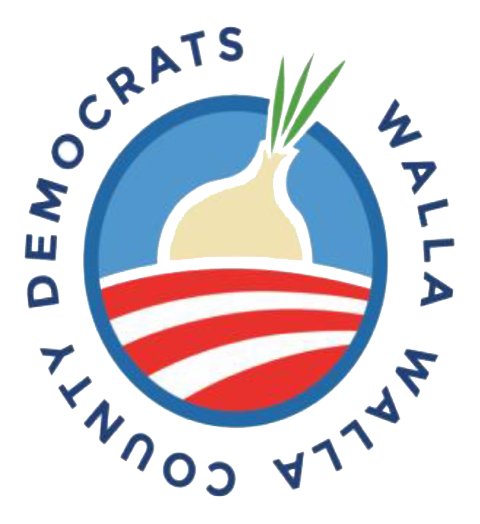Why Volunteering is One of the Most Powerful Things You Can Do for Your Health
One of the first pieces of advice that Dan Buettner, the founder of Blue Zones, always gives as a way to improve your life, health, and happiness is to sign up to volunteer in your community. It’s a long-term investment in your health and in your city if you sign up to do it regularly, and you’ll meet like-minded people along the way.
In Blue Zones Project communities, we use this principle to improve individual and community well-being by highlighting local volunteer opportunities and creating opportunities for groups to volunteer together (coworkers, congregation members, students, neighbors). It turns out that helping others benefits our health, just as it benefits those we serve through volunteering. Meeting like-minded people, and creating a new circle of social networks improves our lives and the community as a whole.
Though Erick Zoot Payne, a resident of Charlotte, NC, had made new friends through volunteering at breast cancer awareness events and participating in “ALL IN,” an annual poker tournament to benefit cancer research and care in the Charlotte area, he had never given back to his Alma Mater, St. Andrews University in Laurinburg, NC.
His college experience was uniquely exciting, but he left school with an attitude of, “don’t look back.” When Payne saw the extensive damage caused to the campus by Hurricane Florence in September 2019, a feeling of loss, devastation, and nostalgia came over him.
Deeply affected by the photographs he saw online, over the few months following the hurricane, Payne visited St. Andrews twice, wondering what he could do to help. “Another alumnus reached out to a group of us. Music festival swirled around in the conversation, and I knew how I was going to give back to my school. Volunteering to help gave me all this energy I had stored up for a purpose,” said Payne. “I was determined to make this thing happen to show my support for the school, my friends and classmates and all those 18, 19, & 20 somethings who were eating their meals out of food trucks in the gymnasium.”
Through the SAUL Fest experience and working with the other alumni volunteers, Payne saw a love, commitment, and enthusiasm that was contagious. It showed that one person who is passionate about something can make a difference and restore a person’s faith in humanity, but a team of people can regain confidence in the community.
That’s a real soul-satisfying experience. Payne now feels a kinship with his new group of volunteer alumni friends that he says affected his soul in an incredibly positive way.
“I was an honor to be a part of SAUL FEST! I was excited, focused, determined, thankful, and appreciative of how hard everyone worked to get it done,” Payne continued. “After it was over, I was exhausted with the biggest smile on my face. It is therapeutic to say how I felt about the whole experience. It came and went, and I had not given much thought to what we did. We raised over $8,000 for hurricane relief for a struggling campus.”
Volunteering helps because you can see right away the effects of your contribution and commitment. Research has documented the positive feelings that surface during a “helper’s high.” Individuals develop increased trust and social interactions. Participating as a volunteer with others in a group cause boosts self-confidence and decreases the risk of depression, especially in the elderly population.
Lowered levels of stress hormones have been documented in those who volunteer versus those who don’t. Social benefits include a new network of friends with shared interests and a sense of purpose. At the same time, volunteers learn new skills.
Volunteering has shown to improve mental and physical health in one study of adults over 60. In another study, volunteers reported better physical health and life satisfaction. They perceived volunteering as a catalyst to positive changes in their health.
A longitudinal study of aging found those who volunteer their time to have longer life spans. Participants also experienced a decrease in pain from chronic illness.
If you volunteer, you often get more out of it than you give. It can be an enjoyable experience, such as the music festival Payne helped to organize. Besides combating loneliness and bringing joy to your life, volunteering regularly also improves physical well-being. A study published in the journal Psychology and Aging showed volunteers had lower hypertension risk and higher levels of psychological well-being than non-volunteers.
Another study published in BMC Public Health concluded that volunteering should be promoted at the public health level through education and policies to improve the health of community members and the community at large. It should primarily be supported in the elderly population, minority groups, those with a lower educational level, single folks, or those who are unemployed.
It you want to do something right now, Gretchen Rubin’s advice to us for the “laziest, most excellent good deed” to give you a happiness boost and potentially save a life is to sign up to be an organ donor on your license or in the national or state registry.
Naomi Imatome-Yun, Blue Zones Editor-in-Chief and Wall Street Journal bestselling author, and Elisabeth Almekinder, RN, BA, CDE, Health Journalist, Registered Nurse, and Diabetes Educator for the Manos Unidas North Carolina Farmworker Health Program

